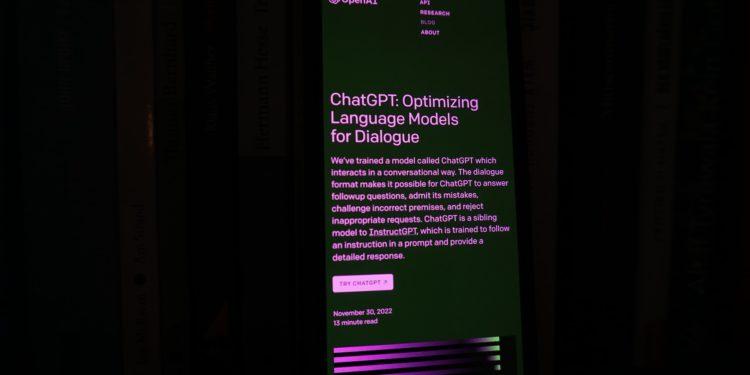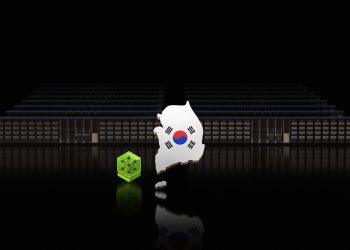ChatGPT, the popular generative AI developed by OpenAI, has gained worldwide recognition. OpenAI recently launched the ChatGPT app on the Apple Store, making it available in 11 countries, including South Korea. Users in South Korea can now access the upgraded and faster ChatGPT service by subscribing monthly for approximately $19.99. Although it’s currently limited to iOS users, it is expected that an Android version of the app will be released within the next few months.
While the popularity of OpenAI’s ChatGPT continues to grow in South Korea, there has been an unfortunate rise in scams. Numerous fake apps have appeared on both the Apple Store and Google Play Store. These apps initially attract users with their identical icons and interfaces. Later, these apps started demanding subscription fees and exposing users to high privacy risks.
The presence of these fake ChatGPT apps poses a significant threat. For instance, a fake ChatGPT app on the Google Play Store managed to accumulate 1 million downloads in a short period. Once installed, this app bombarded users with pop-up ads and demanded a weekly subscription fee of $6.5.
Similarly, other counterfeit apps lured users with deceptive names like ChatAI GPT and AI Chatbot Assistant, tricking them into thinking they were downloading the genuine ChatGPT app. Authorities strongly advise individuals who wish to download the genuine ChatGPT app to exercise caution. They should ensure that the developer is OpenAI before proceeding with the installation.
OpenAI responding to fake ChatGPT apps and scam threats
In response to the escalating scams and misuse of the GPT (Generative Pre-trained Transformer) name, OpenAI is actively seeking trademark protection for GPT with the United States Patent and Trademark Office. OpenAI is also applying for trademark registration in Korea. It’s aiming to prevent fraudulent app developers from using the GPT label.
South Korean technology companies, including Samsung, SK, LG, and POSCO, are either restricting the use of ChatGPT or developing guidelines for their employees to ensure the responsible use of ChatGPT and other chatbot AI services. These companies are conducting campaigns to educate their staff and workers about the potential risks associated with the misuse of AI programs, intending to prevent information leaks. According to a Statista survey, approximately 26.5 percent of South Koreans consider ChatGPT answers reliable. This open generative AI has reshaped the global business landscape. There is a strong belief that AI and robotics will dominate the future.
The rise of ChatGPT has sparked an AI race. Korean companies like Naver and Kakao are aspiring to develop advanced chatbot technologies that can rival the capabilities of ChatGPT. While ChatGPT has taken the world by storm with its remarkable performance, it does have certain limitations. It has been observed that ChatGPT perpetuates biases and stereotypes due to its reliance on biased data.
Additionally, it can sometimes provide inaccurate and repetitive responses. Moreover, ChatGPT encounters linguistic limitations, particularly in understanding the societal context of the Korean language, where the terms used for addressing elders and youngsters differ from Western norms. As a result, the performance of ChatGPT can vary depending on the language and the complexity of the cultural context.







